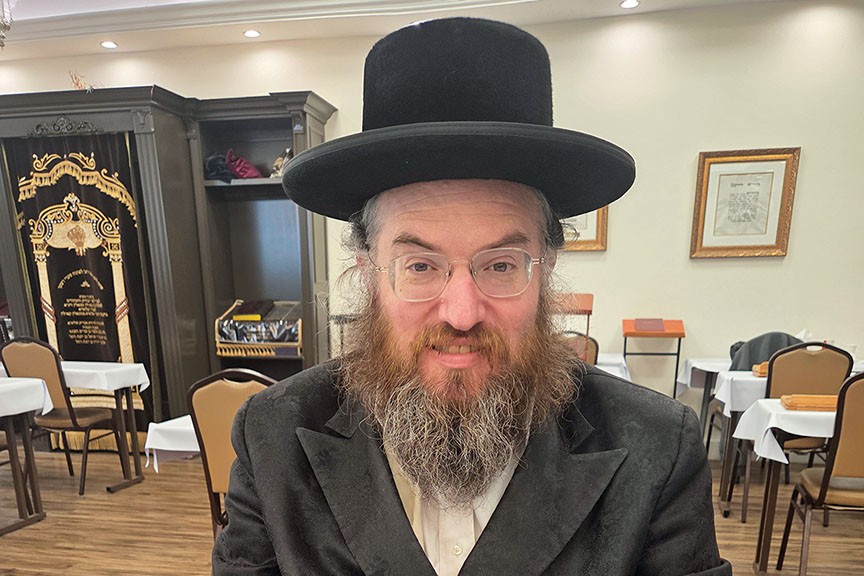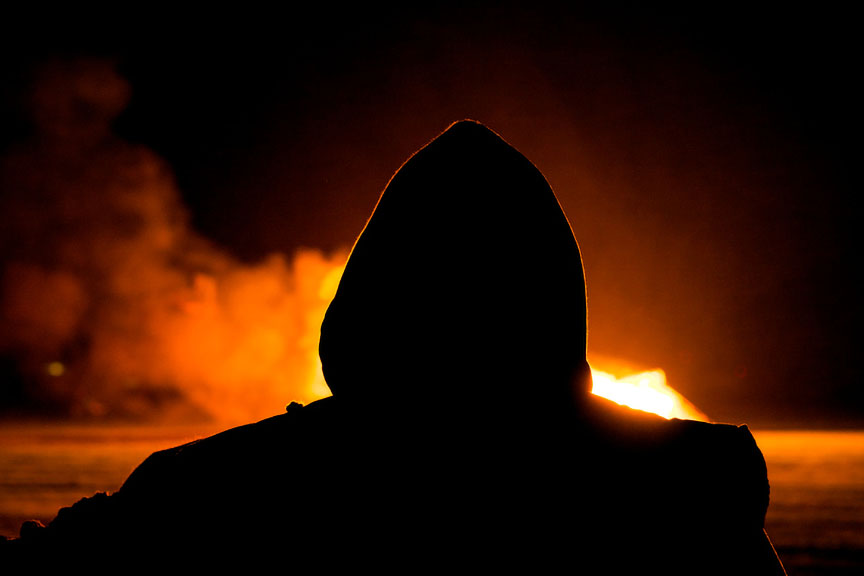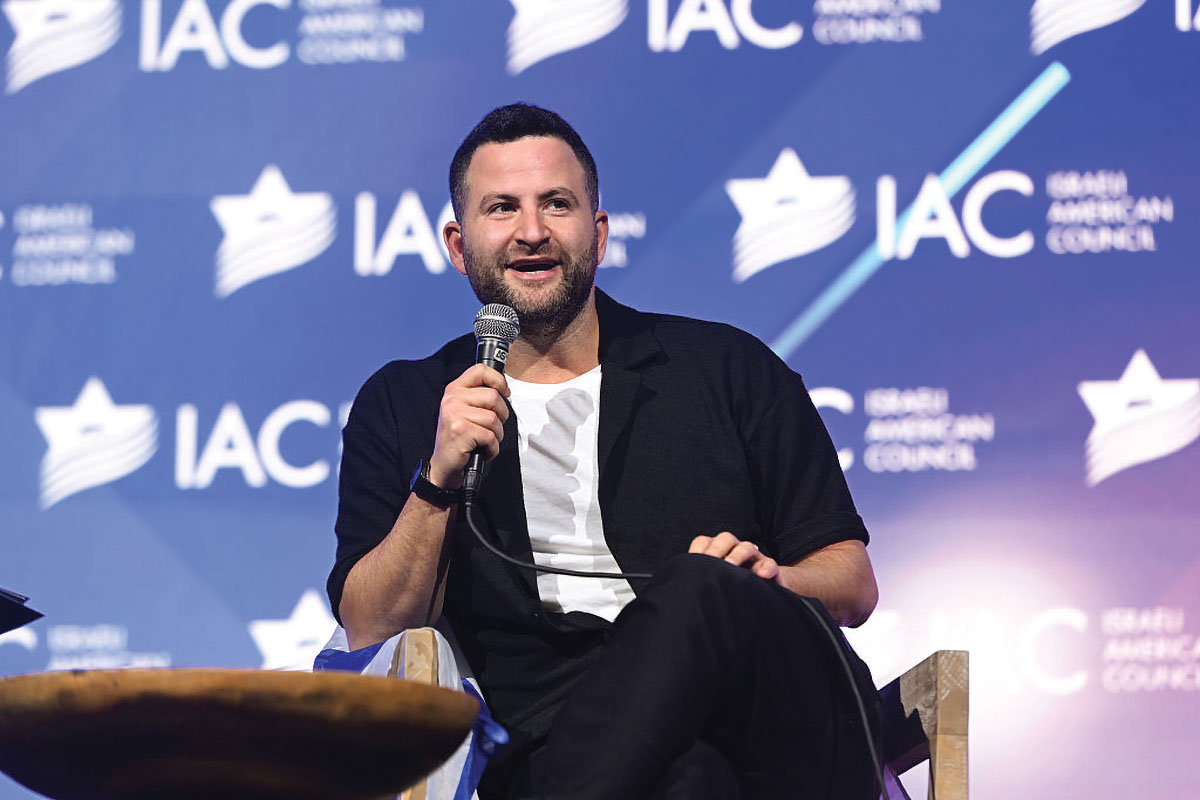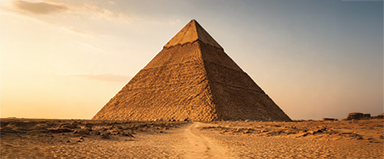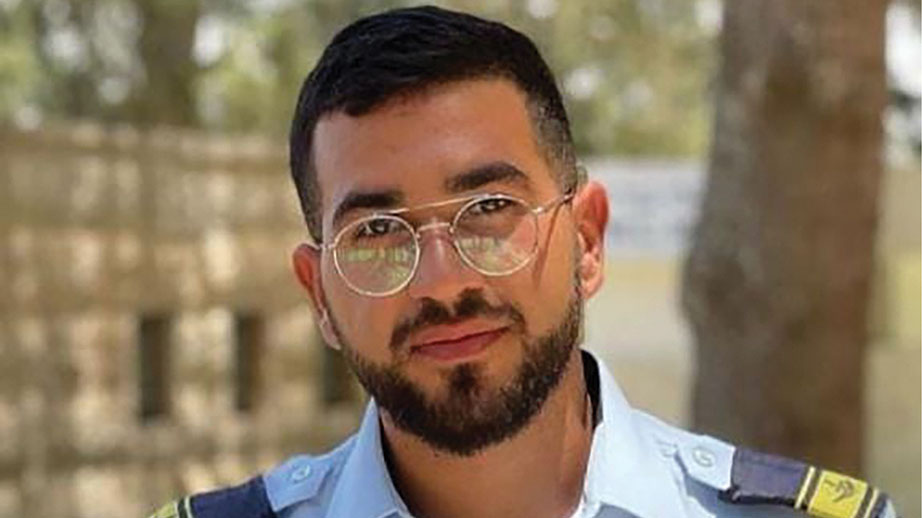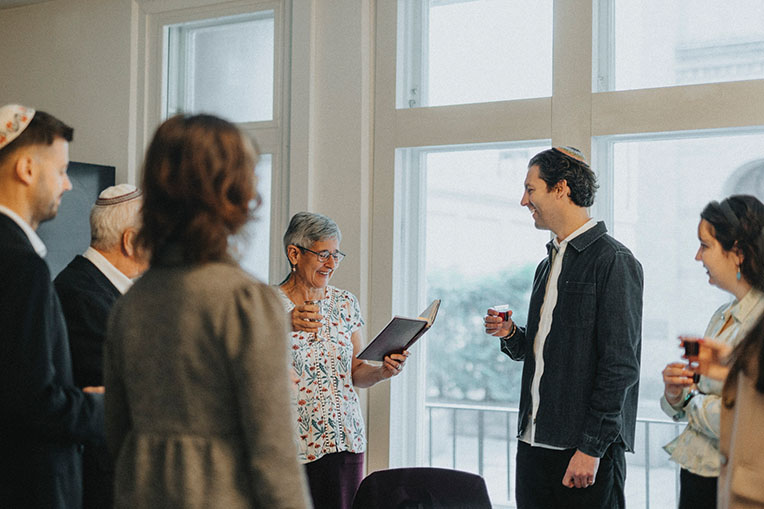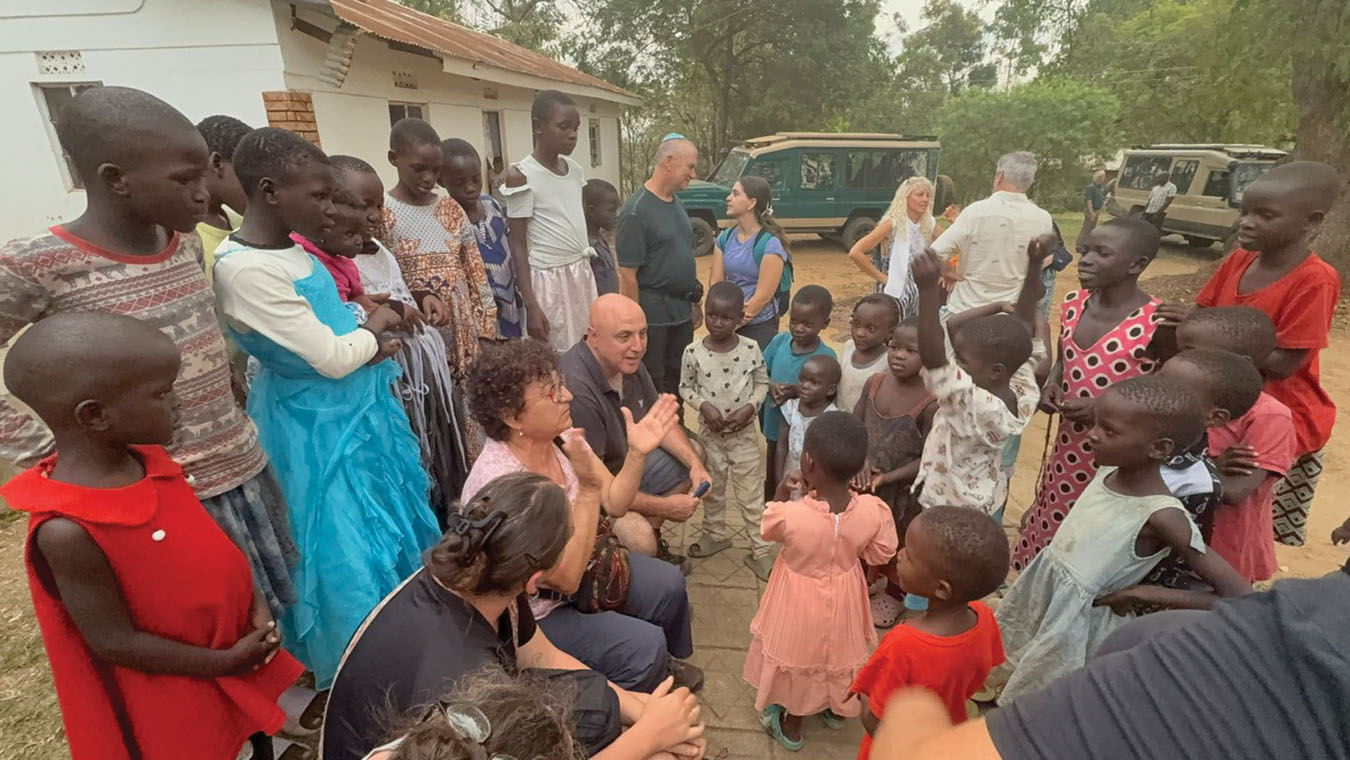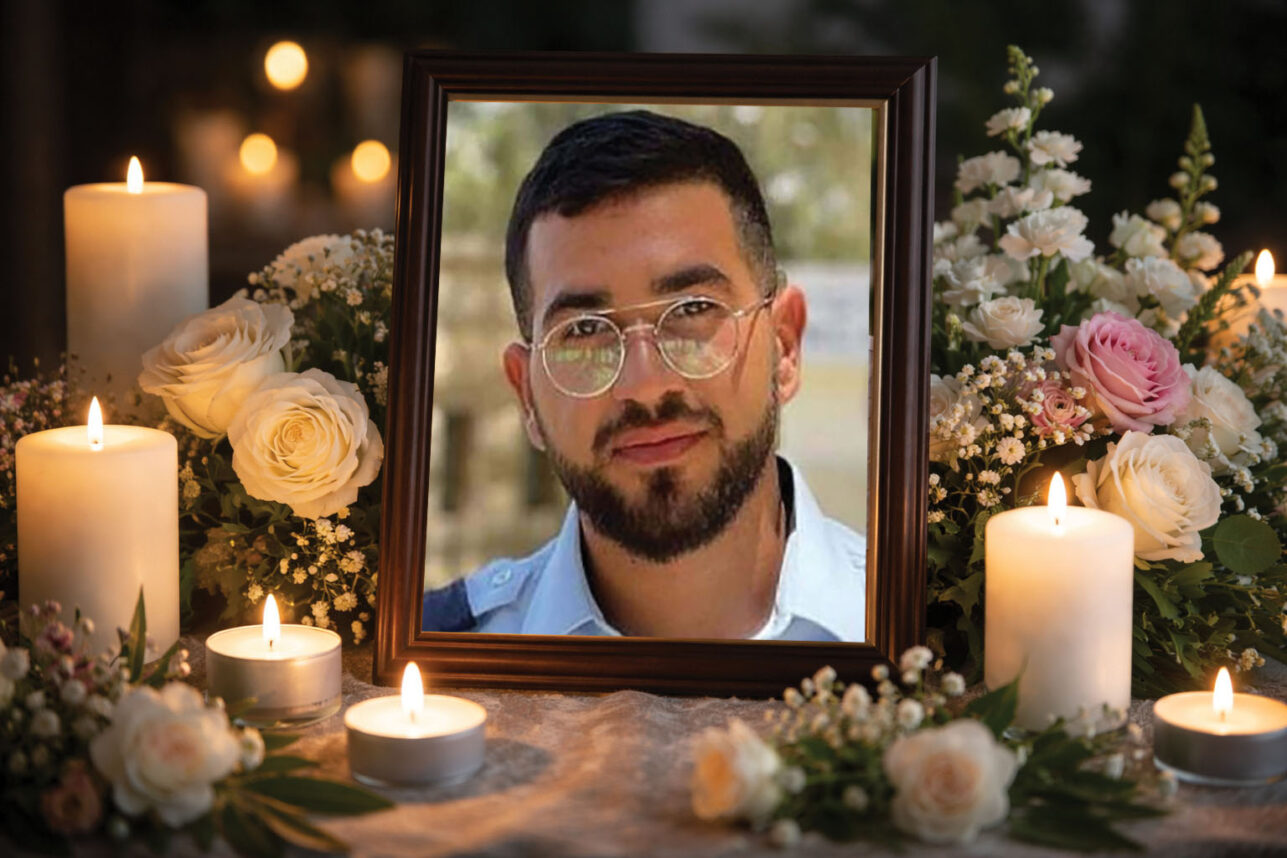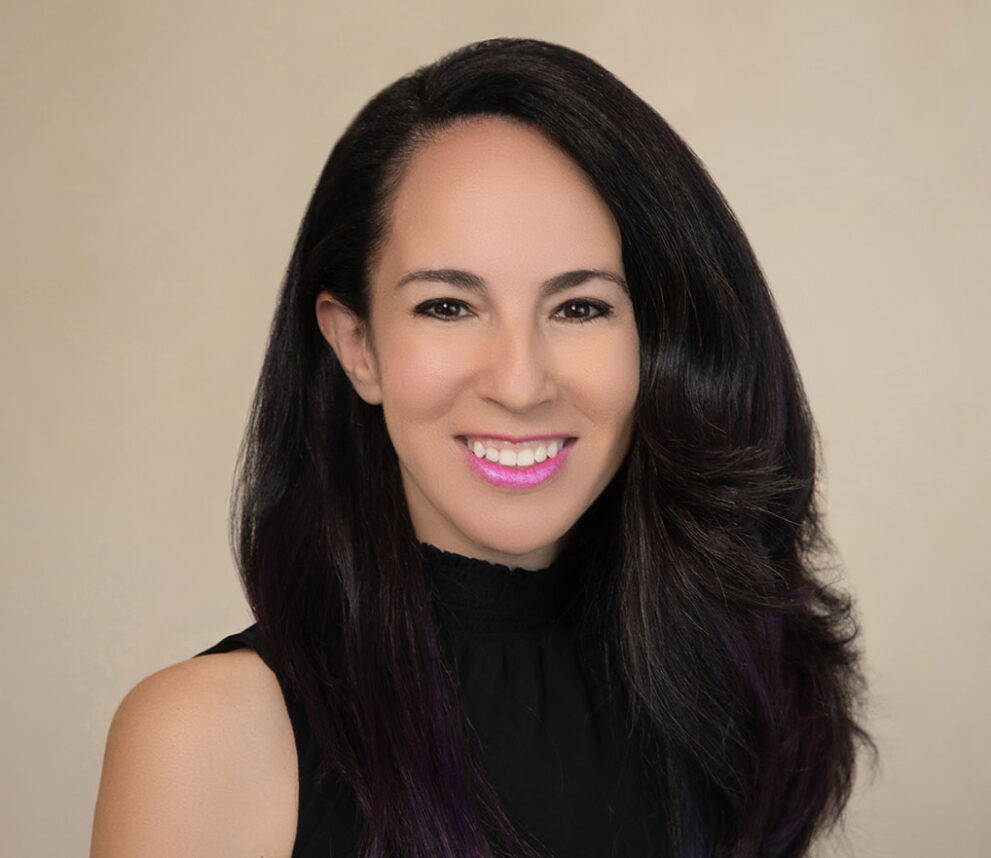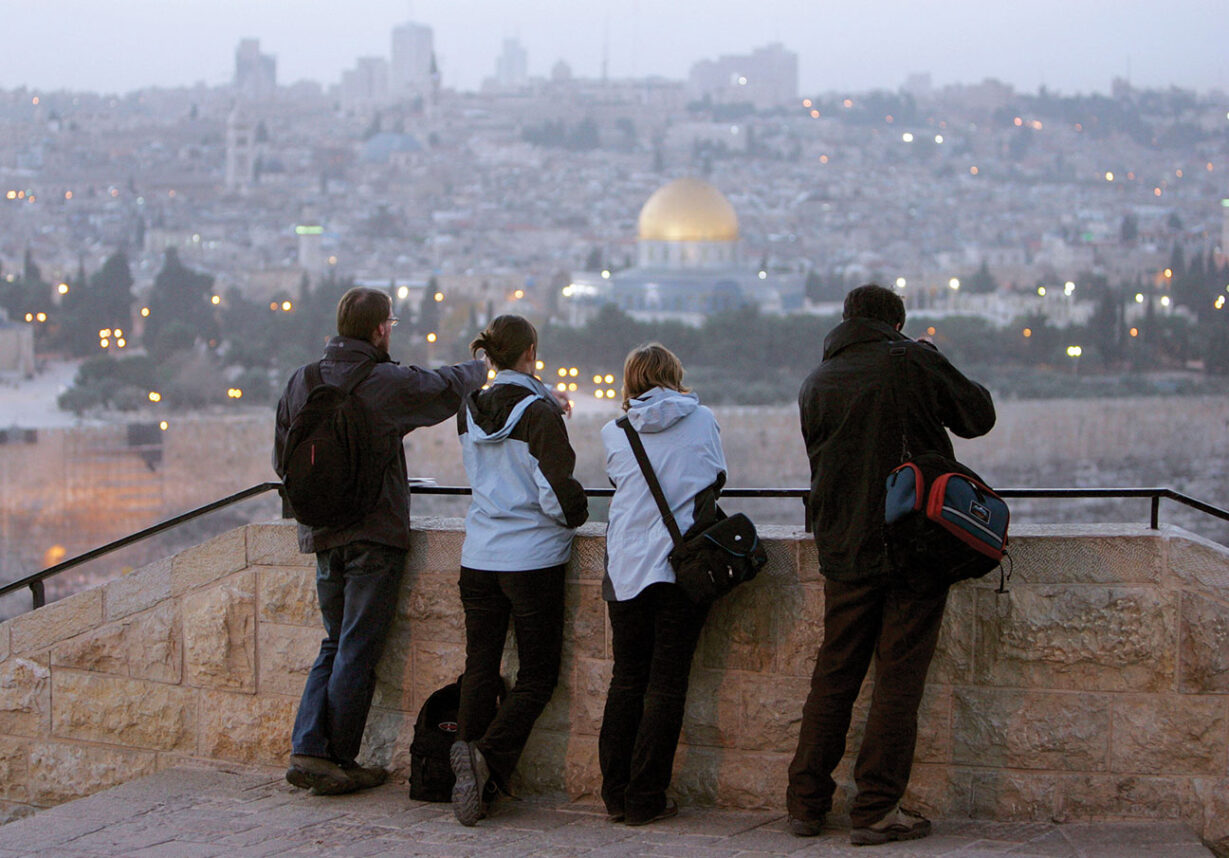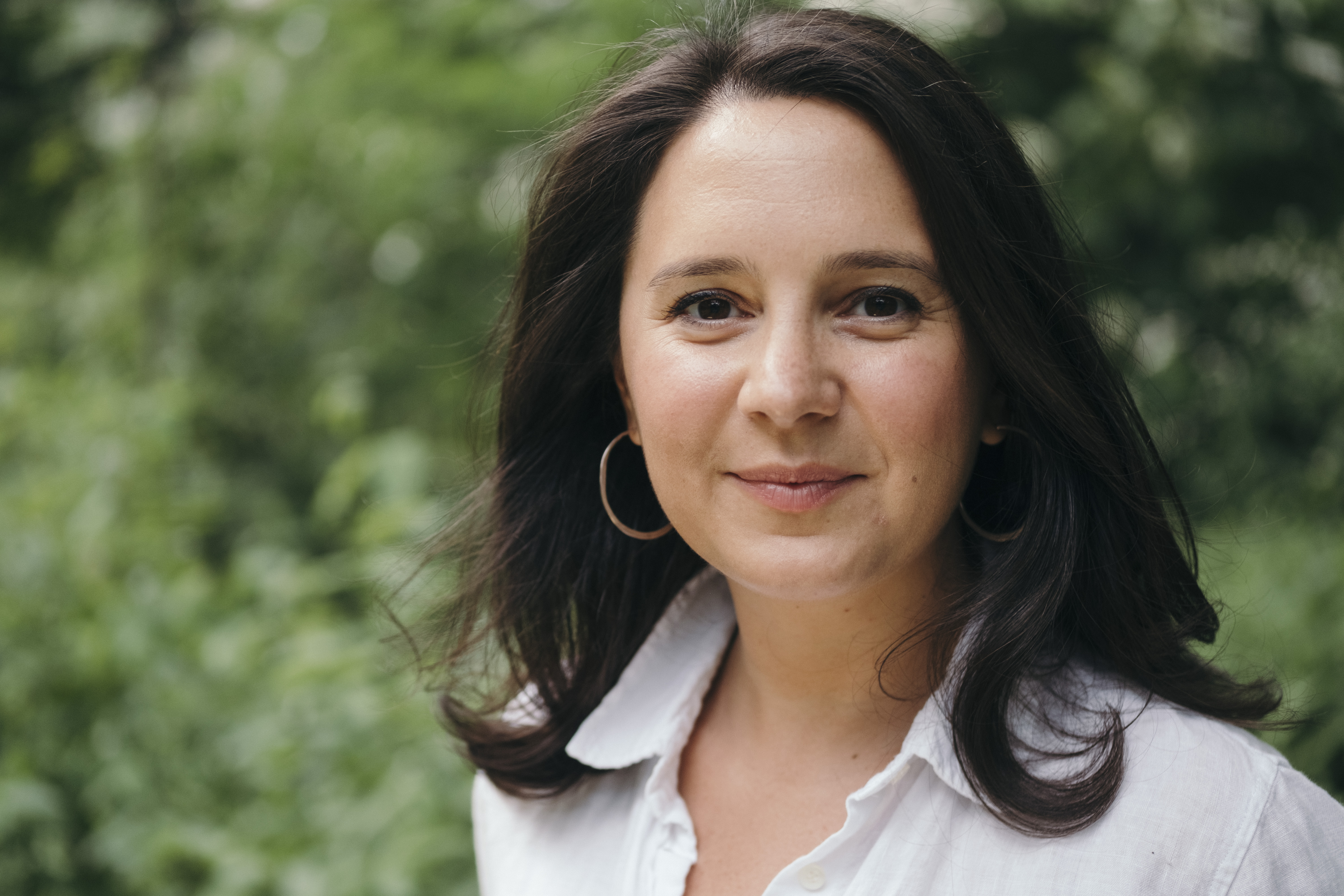
New York Times opinion editor and columnist Bari Weiss discussed anti-Semitism on college campuses and the 2020 presidential election in a Feb. 9 interview with the Journal.
Weiss, who was scheduled to speak on a panel at the Alums for Campus Fairness conference the same evening, told the Journal her Zionist activism began when she was a student at Columbia University, which she attended from 2003-2007.
She said at the school’s Middle Eastern studies department “there was an environment of intellectual orthodoxy on the question of Israel. The doctrine was very much the Soviet propaganda line: that Zionism was racism. Zionists were treated as racists, with all of the attendant shaming and bullying you would expect.”
She added that at the time, many in the Jewish community dismissed such treatment of Jewish and pro-Israel students at Columbia as an outlier on college campuses. But the opposite has proven to be true, Weiss said.
“What began, or at least what was first observable, at Columbia has now swept not just American college campuses but increasingly high schools and even middle schools,” she said. “I hear regularly from teenagers that they are being told they are baby killers, apartheid enablers, colonialists, racists and so on. All because they are Jewish.”
“The energy right now in the country is both populist and destructive, and it’s not hard to understand why. We have profound economic inequality, broken institutions.” — Bari Weiss
Weiss said she had conflicting feelings about President Donald Trump’s December executive order applying Title VI of the Civil Rights Act to Jewish students on college campuses.
“Title VI says that if you receive federal money, you can’t discriminate on the basis of race, color or national origin,” Weiss said. “If universities are discriminating against any minority, including Jews, then they should be held to account. That part seems straightforward.”
However, she added, “When I see a group like [the Foundation for Individual Rights in Education] —– a civil libertarian group that I deeply respect — criticizing the executive order, that gives me pause.”
Weiss also said she was concerned with white nationalist groups becoming an international threat.
“The energy right now in the country is both populist and destructive, and it’s not hard to understand why,” she said. “We have profound economic inequality, broken institutions.”
Weiss said she placed a $1,000 bet on Sen. Bernie Sanders (I-Vt.) being the Democratic presidential nominee — a prospect that scares her. “Bernie taps into that energy in a way that isn’t dissimilar to Trump,” she said. “Trump promised to burn the house down, drain the swamp. Bernie promises a revolution. I think that energy is hard to control and dangerous.”
She also expressed concern over Sanders’ associations, stating, “Anyone who was alarmed about [former White House strategist Steve] Bannon’s proximity to Trump should be alarmed that [Women’s March activist] Linda Sarsour is a campaign surrogate for Bernie. What does that say about his judgment? About what is acceptable? And this is to say nothing about his longstanding affection for regimes like the Soviet Union, which is candy for the GOP in a general election.”
Despite the rising anti-Semitism in the country, Weiss called the United States the best Diaspora for Jews in thousands of years. However, she said it’s not enough for Jews to simply fight against anti-Semitism. They need to fully embrace Jewish life. She said she started wearing a Star of David necklace after the October 2018 shooting at the Tree of Life synagogue in Pittsburgh, where Weiss became a bat mitzvah.
“There are Jews I know who started hosting Shabbat dinner,” she said. “There are Jews I know who started watching ‘Shtisel’ or ‘Fauda.’ There are a million ways to connect to Jewish life. Being a Jew is the great honor and privilege of my life. If that is your understanding, then so many things are possible.”










